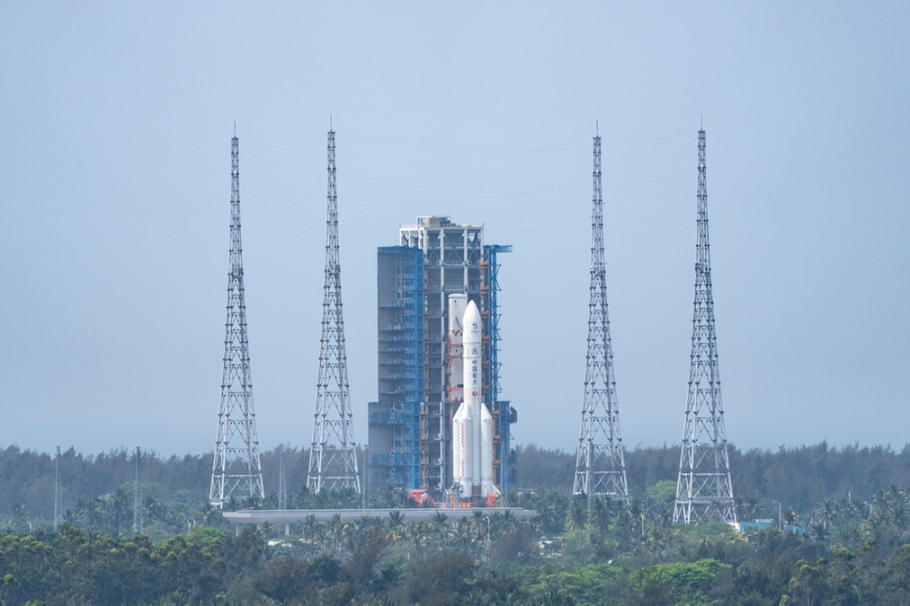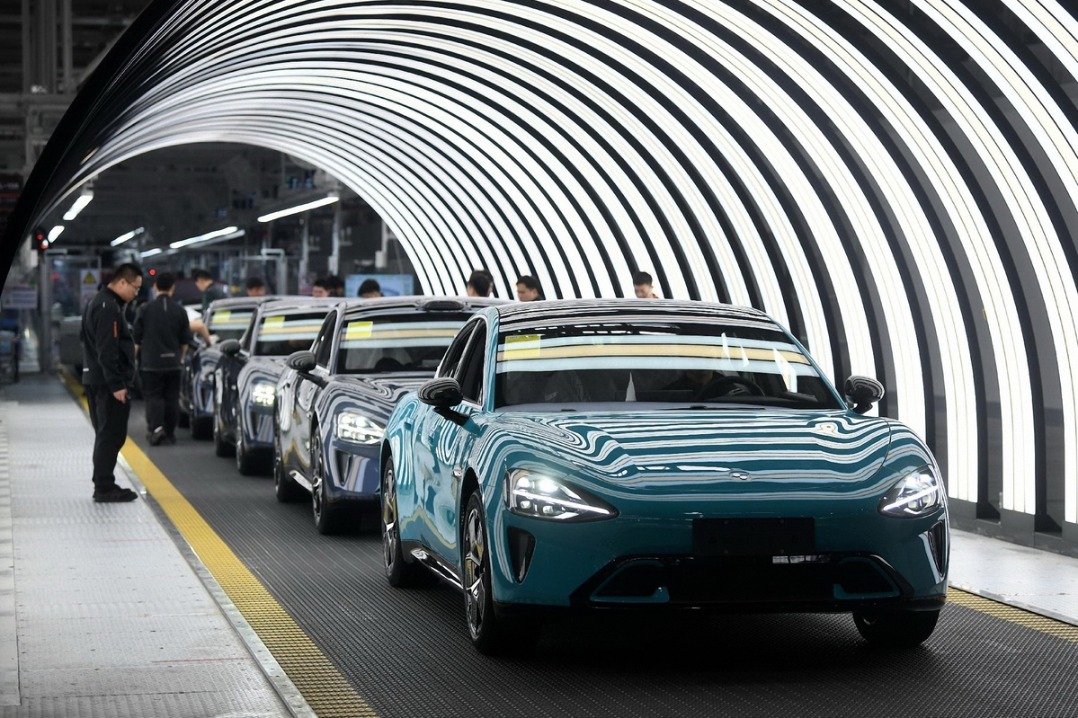US' new Indo-Pacific Strategy will only mess up regional peace and development: China Daily editorial
chinadaily.com.cn | Updated: 2022-02-13 19:01

In a virtual meeting with Chinese President Xi Jinping in November 2021, US President Joe Biden noted the need to keep lines of communication open and for common sense guardrails to ensure that competition between the United States and China does not veer into conflict.
Yet the new Indo-Pacific Strategy his administration released on Friday does not serve to build such guardrails. Instead, it reveals Washington's intention to wage a new Cold War and do whatever it can to counter the overall growing clout of China in the region and contain its rise as a world power.
It shows that the US will commit more diplomatic and security resources to the Asia-Pacific to push back against what its sees as China's bid to create "a regional sphere of influence and become the world's most influential power".
Turning a blind eye to the smooth cooperation China has established with its neighboring countries, which can be verified by the Regional Comprehensive Economic Partnership involving Southeast Asia nations and Australia, Japan, China, New Zealand and the Republic of Korea that takes effect from this year, the document once again demonizes China.
The document says: "From the economic coercion of Australia to the conflict along the Line of Actual Control with India to the growing pressure on Taiwan and bullying of neighbors in the East and South China Seas, our allies and partners in the region bear much of the cost of the PRC's harmful behavior."
It is obvious that Washington's new Indo-Pacific Strategy is based on a misconception of what China has been doing and a misunderstanding of the global development trend today.
Looking at what some countries have already achieved in the construction of their infrastructure under the framework of the China-proposed Belt and Road Initiative, China does not have geopolitical motives behind its economic cooperation with those countries. China hopes that the region's common development will benefit all countries and also benefit its own economic development.
With the Initiative and the RCEP, as well as other cooperative endeavors, China aims to pull together shared efforts for the well-being of all countries. The US' participation is welcome as well, but as a partner not a troublemaker.
The world is not what it was. But politicians in Washington, afraid that China will outcompete the US and finally replace it as the world's superpower, are still emulating the Cold War warriors of the past and are unable to accept that international relations need not be zero sum.
With Southeast Asian countries and the others involved in the RCEP sharing the common goal of converging regional efforts for a better and richer region, the US' Indo-Pacific strategy shows how out of step the US is with the times. Washington's attempts to implement it in order to maintain its autocratic say in the region, will only be detrimental to the healthy and harmonious economic development of the region and make the US increasingly viewed as a liability rather than as a partner.
























